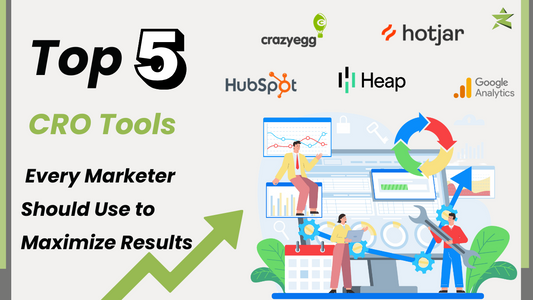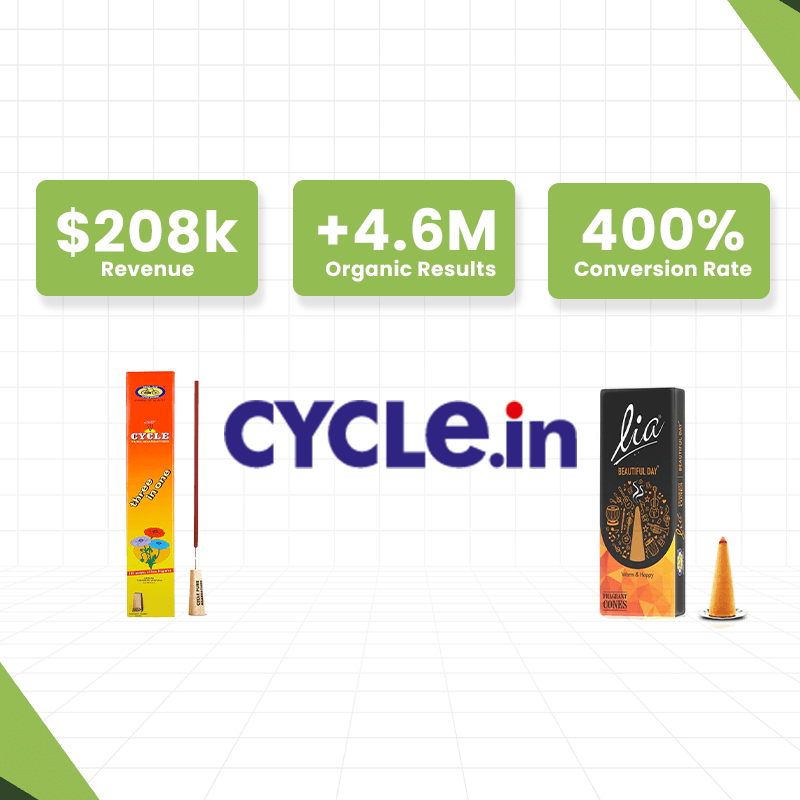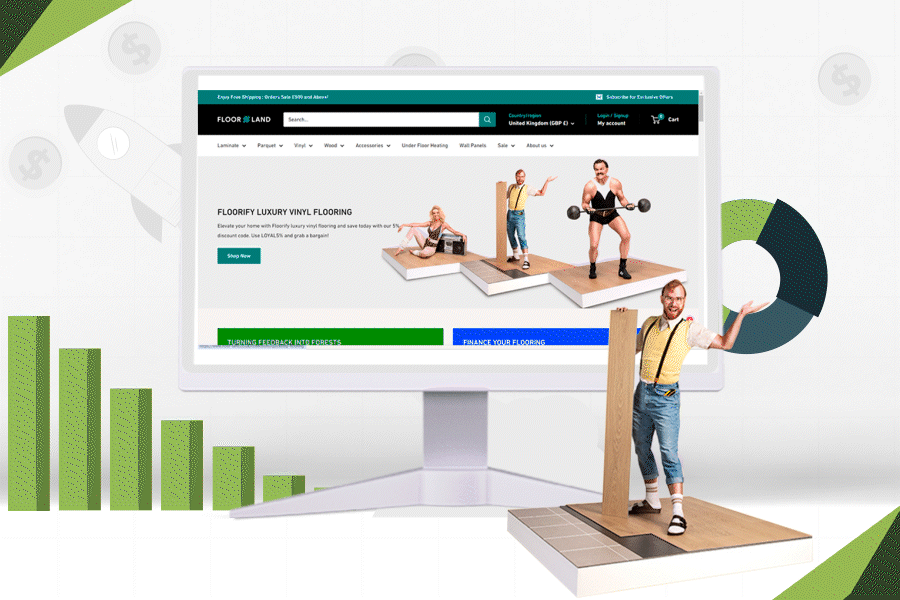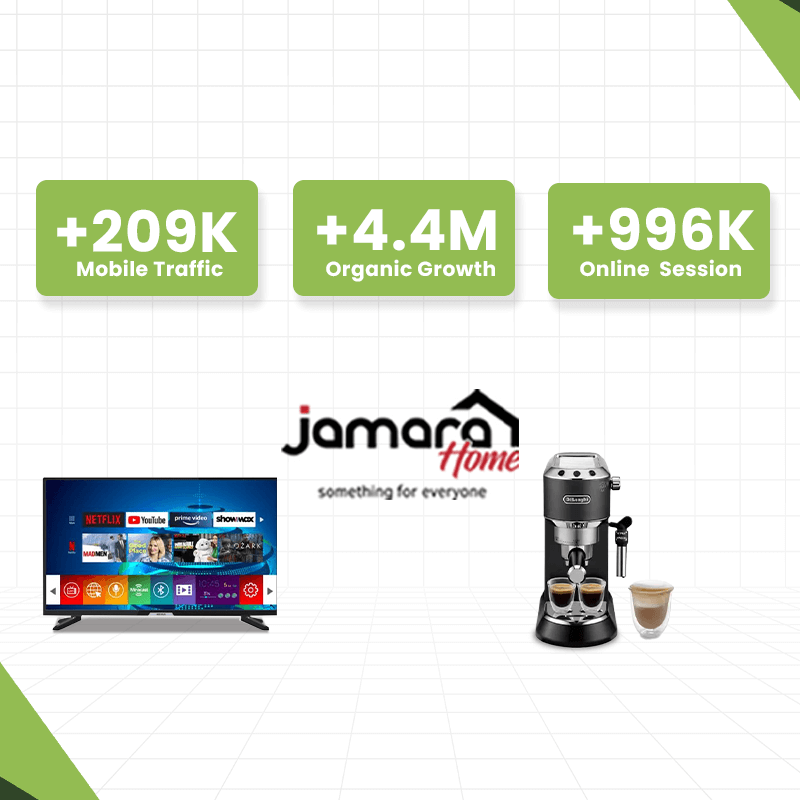Page speed directly affects SEO ranking factors on both desktop and mobile search results. Fast-loading websites encourage users to stay longer, explore more pages, and interact with content, all of which are positive signs for search engines.
According to Google's algorithm, it is necessary to understand that slow-loading page speeds not only affect SEO but also harm overall website visibility and performance.
Google always keeps its eye open on how quickly your pages speed because slow website impacts make for a poor user experience and increase the bounce rate three times.
The Importance of Page Speed for SEO?
We all know that page speed is important for SEO. When it comes to SEO point of view, website speed has become an important part of search engine ranking. Not only does it enhance the user experience, but it also enhances the conversion rate, thereby positively impacting your site's conversion rate.
Google continuously provides a set of algorithms for website speed, which it uses to assess the website performance.
Techniques To Optimise Website Page Speed
The main goal of search engines is to provide the best results to their users. Search engines penalise a poor-speed website.
1. Use caching: caching is an important technique, but make sure your page uses the proper catching technique so that images and files are cached. It is helpful for page speed.
2. Compress images: it is a very useful technique for image optimization and is the biggest part of website performance such as optimising file size to increase website load time by using tools like tiny PNG, and Optimzilla. So it is best to compress images.
3. Use lazy loading: This is a technique used by websites to optimise the load time if your website has a lot of images, then try lazy loading which helps to reduce the bounce rate.
4. Check Your server response time: If you are facing a slow server response then start implementing website hosting and use a content delivery network to deliver on the website The recommended server response time is 200 milliseconds per page.
5. Upgrade your hosting: If other methods don't improve your page speed, you may need to upgrade your hosting and try to use high-bandwidth hosting, which is great for faster page load time.
6. Remove unused code: This is an important method to increase the page speed. Remove any unused JavaScript or CSS code and minify the website's code.
What is a Good Page Speed for SEO?
A Good page speed should always be less than three seconds. And fast page speed helps in SEO Ranking because Google always prioritises fast websites. So, For good ranking you have to make sure that your website speed is fast in loading.
Conclusion
Page speed is one of the most fundamental prospects for search engine optimization. To improve user experience and increase conversion rate optimization, focus on other important metrics such as TTFB and FCP, image optimization, and mobile optimization.
Website owners should prioritise optimising page speed, and we excel in providing speed optimization and conversion rate optimization, which can enhance ROI and organic traffic. We focus on critical metrics such as TTFB and FCP, optimise images, reduce code bloat, and utilise strategies like mobile-first optimization.










